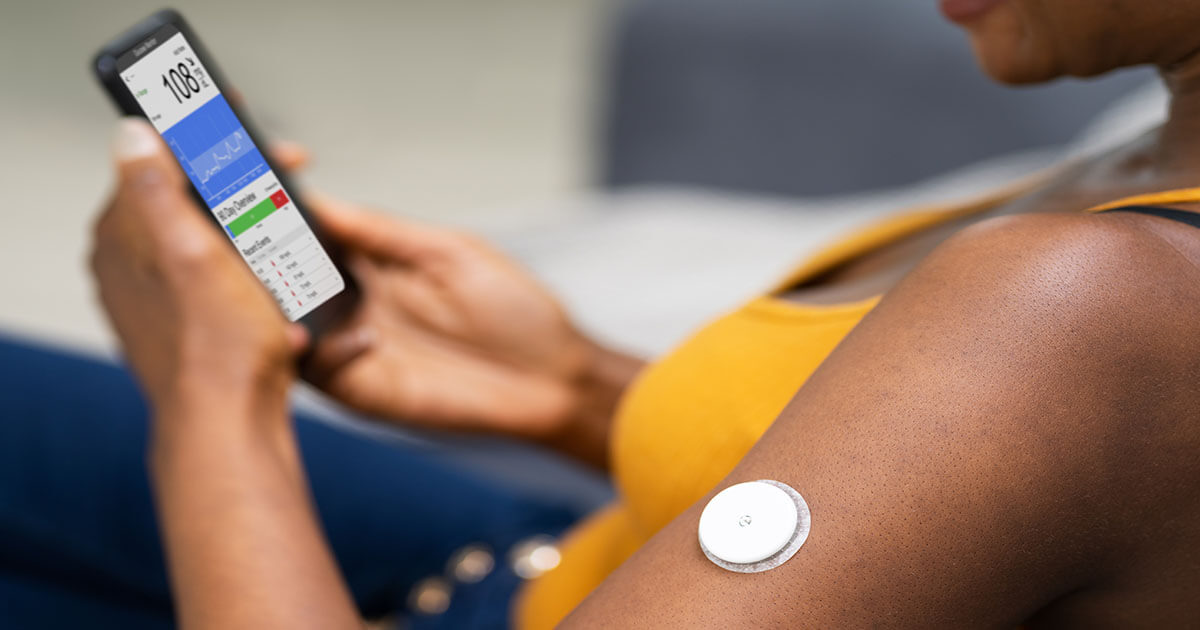It is widely accepted that there are huge variations in care and outcomes for children and young people (CYP) with type 1 diabetes in the UK. Numerous studies and reports (RightCare, 2012; Waldron et al, 2012; Kime, 2014) have highlighted disparities both in the way that services are delivered and the care that CYP receive. Whilst a significant number of CYP receive a high standard of care from highly skilled and trained healthcare professionals (HCPs), there are others who, because of inadequate service provision, are failing to receive the highest levels of diabetes care available.
The Best Practice Tariff (BPT) for paediatric diabetes has been introduced to address the poor outcomes in diabetes care for CYP; it clearly outlines strict criteria relating to minimum standards of care, which are designed to assist HCPs in delivering an optimum paediatric diabetes service (Randell, 2012). It is hoped that the BPT will provide a mechanism for raising standards and ensure high-quality care for all CYP with type 1 diabetes, no matter where they live. However, whilst there are high expectations for the BPT, it is important not to make the mistake of focusing exclusively on the BPT as the panacea for diabetes care. We also need to consider what other changes can be made to improve diabetes care and outcomes for CYP.
Training of healthcare professionals
One area where change is needed is in HCP training. The SWEET Project has shown both a lack of training amongst HCPs and, where training is available, inconsistencies in what and how training is delivered (Waldron et al, 2012). Recommendations have been made by our European counterparts (Cameron et al, 2013) outlining the need for an investment in standardised training for all paediatric multidisciplinary teams (MDTs) since a common training framework with all members of the MDT “singing from the same hymn sheet” has been shown to drive improvements in diabetes care. In many European countries, most notably Germany, accredited diabetes training has been mandatory for some time. In Germany, data indicate that in 2012 there were 2600 Certified Diabetes Educators, trained according to standardised training methods and principles, who were practising in 85% of centres nationwide. However, in the UK, a formal, standardised MDT training programme has yet to be developed, and this is before mandatory status can even be considered.
Progress so far
Some progress has been made towards prioritising HCP training through the development of the National Paediatric Diabetes Service Improvement Delivery Plan 2013–2018 (NHS Diabetes, 2013a) and the National Curriculum for the training of Health Care Professionals who care for Children and Young People with Diabetes Mellitus (NHS Diabetes, 2013b). The development and publication of these two documents clearly indicate that training for HCPs is high on the agenda, and in time we may reach the stage where standardised training becomes widely accepted as the recognised route for those HCPs who want to work in paediatric diabetes.
Interestingly, parallels can be made between the situation we find ourselves in now and that of over 20 years ago when the National Curriculum in education was introduced prescribing what children should be taught. The aim of this was, and still is, to ensure that every child is given the same standard of education. There was a great deal of reluctance and opposition at the time, the root of which was widely thought to be an unwillingness to change. In a similar vein, there are doubts and misgivings about a standardised diabetes training programme for HCPs. Whatever your point of view, it pays to remember that at the heart of the debate are CYP with type 1 diabetes and their families, who are entitled to the same standard of high-quality diabetes care from highly trained HCPs.
Including the family
As well as receiving standardised clinical training, HCPs need to be trained to educate CYP with type 1 diabetes and their families in how to effectively manage their condition. For many years it has been widely accepted that there is a need for age-appropriate, individualised, quality-assured, structured patient education. Even so, it is only relatively recently, with the identification of structured patient education in the BPT, that this has been recognised as a priority for integration into routine clinical practice. Also, it is only now, with a focus on structured patient education, that we are seeing a gradual increase in awareness of the importance of the HCP role in relation to pedagogy (the science of art and education) and specifically the art of delivering diabetes self-management education to CYP and their families. This is despite the fact that pedagogical approaches have been embedded in the training of HCPs who care for CYP with type 1 diabetes and their families in Germany for the last three decades. Clinical knowledge and skills in diabetes care and treatment are regarded as a prerequisite for any HCP working with CYP with type 1 diabetes and their families. I would argue that an understanding of pedagogy and family-centred education within a holistic, psychosocial model is equally important, but this has yet to be widely accepted as part of standard clinical practice.
Access to training
Standardised training encompassing a strong pedagogical element should be a priority and so too should HCPs’ access to this type of training. Clearly, we have a long way to go before we reach a situation where all HCPs working in paediatric diabetes are trained according to standardised and accredited guidelines. Having said this, we are making progress and are gradually moving towards developing a clear career pathway for HCPs that incorporates best clinical practice, as well as pedagogical skills and principles.
Currently, there are several options available to those HCPs wanting to advance their diabetes practice. Some examples of courses include: e-learning basic diabetes awareness; degree level and modular courses at Birmingham University; Master’s level modular courses focusing on CYP, insulin pumps and transition at York University; a teaching skills course at Sheffield Hallam University; Master’s level and modular courses at Warwick University directed at CYP and psychosocial aspects; and a Master’s level Advanced Diabetes Educators course at Leeds Metropolitan University, the first of its kind to provide a unique combination of health, education and psychological principles related to diabetes self-management.
Importantly, each of the courses identified here, among others, provide a mechanism for HCPs to gain the necessary knowledge and skills they need. They are not meant to be mutually exclusive, but rather complement each other and collectively provide a variety of training options catering for HCPs at different stages of their career.
The next step
There are always going to be barriers as to why HCPs cannot attend diabetes training, whatever form this takes. Therefore, as was suggested in the previous edition of this Journal (Campbell and Waldron, 2014), perhaps now is the time to be thinking about introducing standardised and mandatory training for HCPs working in paediatric diabetes. This may be the catalyst that is needed to ensure adequate resources are in place from a workplace perspective, training courses are flexible in terms of their learning approach and HCPs are fully aware of what is expected of them. Change needs to happen for the benefit of all, but most importantly to enhance the professional status of HCPs working in paediatric diabetes and to improve care and outcomes for CYP with type 1 diabetes.




NHSEI National Clinical Lead for Diabetes in Children and Young People, Fulya Mehta, outlines the areas of focus for improving paediatric diabetes care.
16 Nov 2022